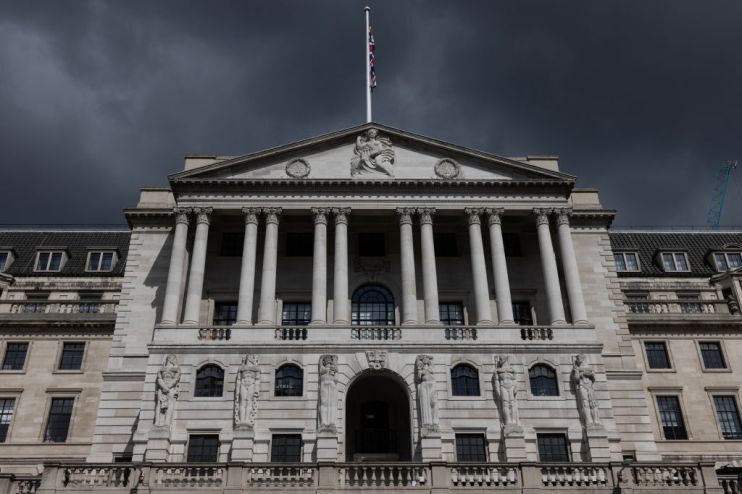Bank of England’s Mann signals support for interest rate hike after warning on ‘inflation persistence’

Catherine Mann, one of the Bank of England’s rate-setters, has signalled she will back a further interest rate hike at next week’s meeting after warning about the possibility of inflation persistence.
Speaking at the Canadian Association for Business Economics, Mann said “the risk of tightening too little is more salient” than tightening too much.
“To pause or to hold the policy rate lower for longer risks inflation becoming more deeply embedded, which would then require more tightening in total, to both change inflation itself and to wring-out the embedded inflation that comes from the sustained duration above target,” she said.
“This is why I would rather err on the side of over-tightening,” Mann concluded.
Mann, who has consistently been one of the most hawkish members of the Monetary Policy Committee (MPC), argued that the Bank’s modelling has underestimated the strength of domestic demand which has put pressure on prices.
Recent research has suggested that behaviours of firms have changed “sufficiently to yield continued inflation persistence,” she said.
Inflation came down to 6.8 per cent in July, having peaked at over 11 per cent last year – but core inflation increased month-on-month. August’s reading is likely to see a slight increase due to rising fuel prices.
The Bank is set to announce its next interest rate decision on 21 September, with markets pricing in a 25 basis point hike which will take the base rate to 5.5 per cent.
MPC members have increasingly signalled that they are approaching the end of the current cycle. Andrew Bailey told MPs that “we’re much nearer the top of the cycle… on the basis of current evidence”.
This followed comments from chief economist Huw Pill, who compared his preferred route for rates to Table Mountain, which would see them plateau for longer at a lower peak, rather than rising rapidly before falling.
Mann however was firm that rates needed to increase further. “Holding rates constant at the current level risks enabling further inflation persistence which will have to be unwound eventually with a worse trade-off,” she said.